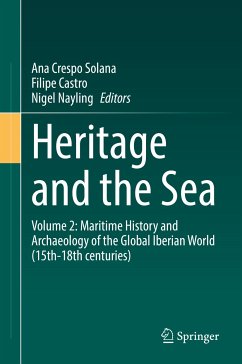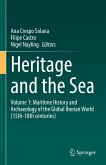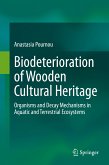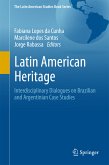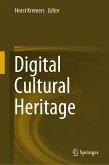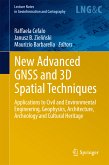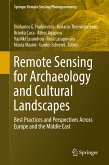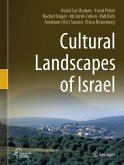This two-volume set highlights the importance of Iberian shipbuilding in the centuries of the so-called first globalization (15th to 18th), in confluence with an unprecedented extension of ocean navigation and seafaring and a greater demand for natural resources (especially timber), mostly oak (Quercus spp.) and Pine (Pinus spp.). The chapters are framed in a multidisciplinary and interdisciplinary line of research that integrates history, Geographic Information Sciences, underwater archaeology, dendrochronology and wood provenance techniques. This line of research was developed during the ForSEAdiscovery project, which had a great impact in the academic and scientific world and brought together experts from Europe and America. The volumes deliver a state-of-the-art review of the latest lines of research related to Iberian maritime history and archaeology and their developing interdisciplinary interaction with dendroarchaeology. This synthesis combines an analysis of historical sources, the systematic study of wreck-remains and material culture related to Iberian seafaring from the 15th to the 18th centuries, and the application of earth sciences, including dendrochronology. The set can be used as a manual or work guide for experts and students, and will also be an interesting read for non-experts interested in the subject.
Volume 2 focuses on approaches to the study of shipwrecks including a synthesis of dendro-archaeological results, current interdisciplinary case studies and the specialist study of artillery and anchors.
Dieser Download kann aus rechtlichen Gründen nur mit Rechnungsadresse in A, B, BG, CY, CZ, D, DK, EW, E, FIN, F, GR, HR, H, IRL, I, LT, L, LR, M, NL, PL, P, R, S, SLO, SK ausgeliefert werden.

